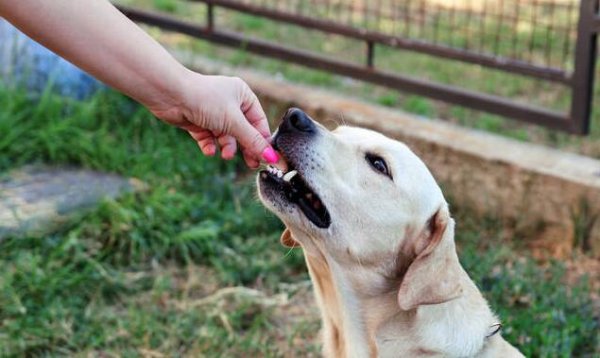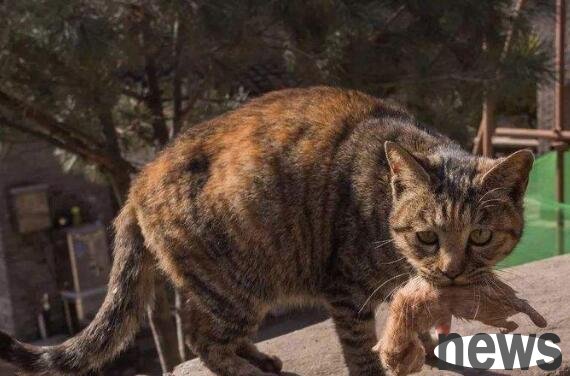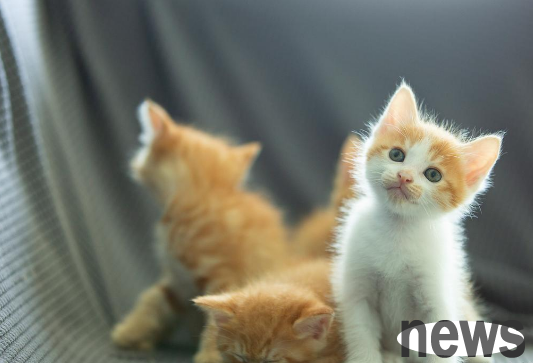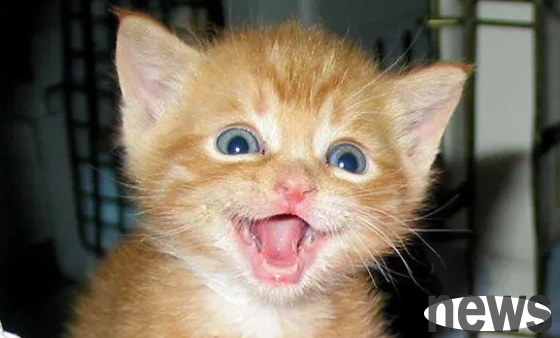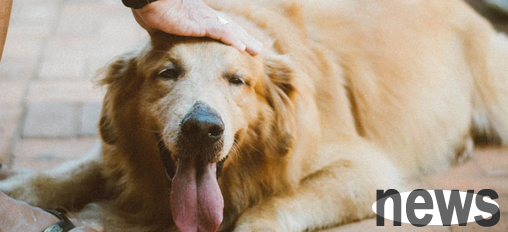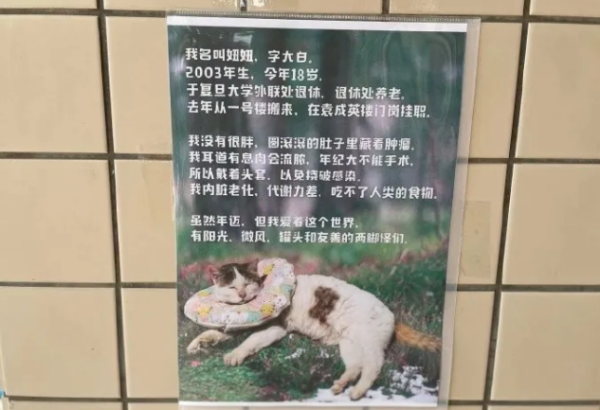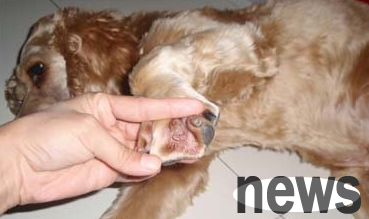Do you know what foods are there to kill cats?
The body structure of humans and cats is different, and the nutrition required is also different. Cats are carnivorous animals and have a high demand for protein. Among the nutrients required by cats, protein accounts for 35%, fat accounts for 20%, and the remaining 45% are carbohydrates.
In contrast, fat accounts for only 14% of the nutrients needed by humans, protein accounts for 18%, and carbohydrates accounts for 68%. Humans account for a higher proportion of carbohydrates in food, and long-term consumption of cats will cause malnutrition.
Some foods we think are delicious, but they can pose a life threat to cats. Therefore, don't give cats human food casually.
1. These foods are "acute poisons"!
1. Chocolate
Chocolate is one of people's favorite desserts, but it is an extremely dangerous food for cats. Chocolate contains compounds such as cocoamin and caffeine. Excessive intake can cause acute poisoning in cats. After being poisoned, cats will experience symptoms such as vomiting, diarrhea, thirst, rapid heartbeat, and tremor, which will seriously endanger the cat's digestive tract, nerves and heart, and in severe cases, it will cause the cat to die.
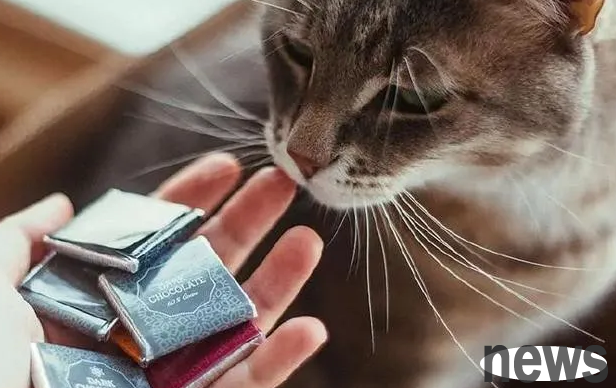
2, Onions, leeks, green onions and garlic, etc., onions, leeks, green onions and garlic are all sulfite plants. The compounds in them will destroy cats' red blood cells, cause anemia, diarrhea, hematuria, vomiting and fever, and in the most serious cases, it will cause cats to die.
Although most poop shovelers will not take the initiative to feed these foods, they need to avoid cats accidentally eating them while playing; in addition, cats should not be able to get onion vegetables at all, even if they are fed with meat with onions.
3, Grapes and Raisins
Grapes and Raisins are snacks that people like, but for cats, they are poisonous. Although it is not clear what the toxins are, cats can cause kidney failure and death after eating grapes or raisins.
4. Coffee and tea
Coffee and tea contain irritating substances such as caffeine and theophylline, which can stimulate the cat's central nervous system, causing discomfort symptoms such as rapid heartbeat, shortness of breath, and thirst. In severe cases, cats may experience cardiac and nervous system abnormalities. Therefore, cat owners should be careful not to let their cats touch coffee and tea.
5. Alcohol
Alcohol is a common drink for humans, but it is toxic to cats. Even if a cat consumes a small amount of alcohol, it is very dangerous. If it is excessive, it will damage the cat's brain and body cells, causing vomiting, diarrhea, difficulty breathing, and abnormal nervous system. Severely, it can cause the cat to fall into a coma or even die. Therefore, cat owners should remember not to drink alcohol for cats.
6. Fish bones
In fact, cats don’t like to eat too many bones. Owners should not think that cats like delicious food, so they give the leftover fish bones to the cat, because fish bones are also fatal to cats. If a cat eats too much fish bone, it is easy to cause internal bleeding and other problems, so it is best not to feed the bones to the fish bones!
2. These foods are "chronic poisons"!
1. All snacks eaten by humans are basically heavy oil, salt, and sugar, plus various inexplicable additives and seasonings, which are harmful to cats. Although these foods will not cause any damage to the cat's body in the short term (even if there is any damage, it is not something that the naked eye can see), over time, the cat's body organs are severely loaded, which can easily induce kidney disease and diabetes.
2. Shrimp, crab, squid, octopus, shellfish, etc.
Cats may be allergic to octopus and squid. These aquatic products often cause them to suffer from indigestion and even suffer from acute and chronic gastroenteritis.
Long-term intake of shrimp, crabs, etc. will hinder the absorption of vitamin b1 in cats. When a cat lacks vitamin B1, it will cause decreased appetite, vomiting, cramps, unstable walking, and even paralysis of the hind feet.
3. These foods need to be fed with caution!
1. Liver
Cats eat animal liver for a long time and are prone to calcium deficiency, which causes walking disorders. In addition, the liver is rich in vitamin A, and excessive intake can lead to abnormal bone development.
It is best not to feed the liver and carrots at the same time, as this will lead to vitamin A accumulation of sexual poisoning in cats.
2. Raw bones
Some shovelers want to try to feed cats raw bones, but this is a very risky one. Raw meat and raw fish may contain a large amount of bacteria and parasites, such as salmonella, toxoplasma gondii, etc., which is extremely harmful to cats' health. Eating raw meat and raw fish may cause serious diseases in cats, such as gastroenteritis, hepatitis, etc.
It is recommended that it is safer to feed the cat after it is cooked, whether it is meat or eggs. Usually, you can cook chicken breast or fish for the cat 1-2 times a week (do not add any oil and salt seasonings), or give the cat some cooked egg yolks in moderation, but do not overdo it. If cats like to eat egg yolks, it is recommended to use quail egg yolks instead.
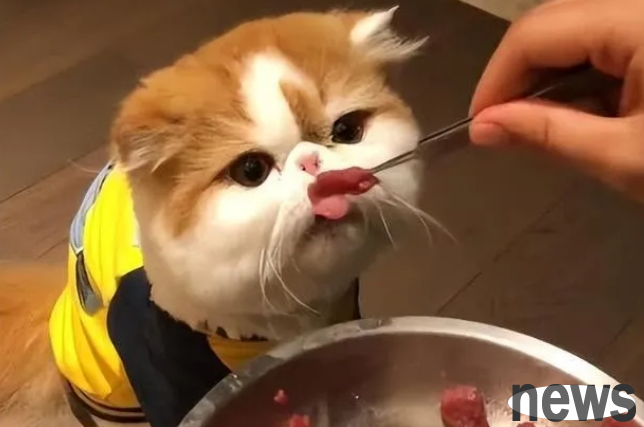
3. Milk
Some cats like to drink milk, but most cats have lactose intolerance and will cause diarrhea after drinking it. If a cat likes to drink milk very much, it is recommended that the owner choose 0 lactose milk for the cat. It should be noted that the nutritional ingredients of milk cannot meet the needs of cats and cannot replace staple food.
These foods may have a negative impact on the health of cats, so special attention should be paid to avoid giving these taboo foods when feeding cats. If a cat accidentally consumes harmful food, seek medical attention immediately. In addition, each cat has different physical condition and food tolerance, so it is best to consult a veterinarian's advice when choosing a cat's diet.


